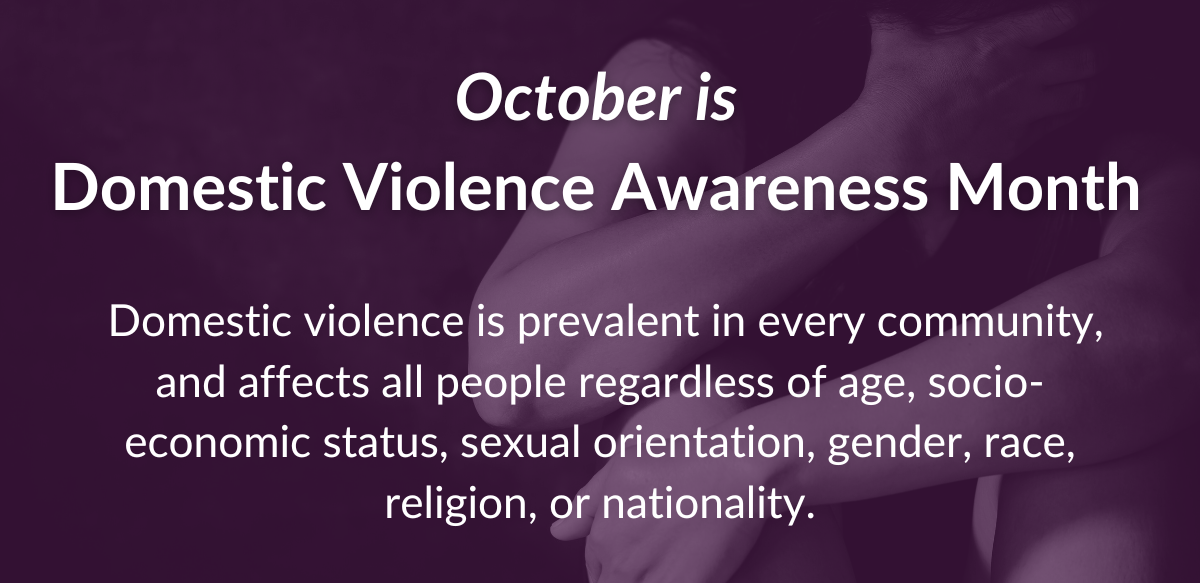
Intimate partner violence (IPV) affects individuals across all walks of life. IPV is abuse or aggression that occurs in a romantic relationship. “Intimate partner” refers to both current and former spouses and dating partners. IPV can vary in how often it happens and how severe it is. It can range from one episode of violence that could have lasting impact to chronic and severe episodes over multiple years.
IPV can include physical violence, sexual violence, stalking, psychological abuse and other forms of dominance and control. Physical injury, posttraumatic stress disorder (PTSD) symptoms, concern for safety, and fear are commonly reported impacts of IPV on victims.
Carolina Frane, Implementation Specialist for the Colorado Domestic Violence Offender Management Board, presents a training with Safer Society that delves into the complexities of IPV and approaches to treating perpetrators and victims.
The training begins with the definitions and dynamics of IPV. The presenter provides statistics for IPV prevalence, such as:
- 1 in 3 women and 1 in 4 men have experienced severe physical violence from an intimate partner.
- 14% of women and 5% of men report having been stalked by an intimate partner.
- 60 million women and 53 million men have experienced psychological aggression by an intimate partner.
The presenter goes on to dispel myths about IPV, such as:
- IPV is a relationship issue and should be treated with couples counseling…
- People who perpetrate IPV witnessed IPV in their parents…
- If a victim doesn’t leave, it must not be that bad…
In her discussion of treatment approaches, Frane begins by reviewing the guiding principles of risk-need-responsivity (RNR) in effective intervention with those who perpetrate IPV. The approaches to treating these clients are intended to end the harmful behavior, but always with the goal of applying measures that will protect the victim from further harm.
Interventions with Perpetrators of Intimate Partner Violence
People who commit intimate partner violence are different from others who cause harm. IPV offenders also commit other crimes and often present with co-occurring disorders, each of which need to be addressed for successful treatment. Treating these offenders requires understanding of what is unique about IPV as well as special sensitivity to those who have been victimized by it. Without proper training and knowledge, clinicians can do unintended harm to victims by, for example, viewing IPV as a relationship issue or couple’s problem.
Interventions with Victims of Intimate Partner Violence
Those unfamiliar with the complexities of domestic violence sometimes ask about the victims, “Why don’t they just leave?” There are well-known reasons why people who are victimized stay in these relationships, such as economic concerns (how will the children be supported on only one income?), learned helplessness (they have tried to get out of the situation before and were unsuccessful), and guilt about abandoning someone who needs help.
In addition, people who experience IPV fall prey to what Frane calls the “Disney Mentality.” This is the idea that many romance movies and TV shows (including Disney films) portray romance as consisting of meeting your prince charming, getting swept off your feet, and then quickly going to the castle to get married. In this scenario, romance is brief, and there is no need to take the necessary time to get to know the other person. This mindset can lead to disappointment when relationships don’t live up to these expectations. It can be why some people persist in abusive relationships, hoping that things will turn around and their relationship will eventually resemble this fantasy.
During the training, Frane mentions several techniques therapists can use to effectively work with those who have experienced intimate partner violence. Among these is establishing a connection with the client by understanding their perspective and educating them about IPV and the methods used within the abusive relationship. The goal is to encourage therapy and promote safety.
The therapist’s connection is crucial because it can be the first healthy relationship the client has had in a long time; it can help them feel safe. Therapy conversations should focus on understanding their unique reasons for staying in the relationship. People who have been in an abusive relationship often stay for good reasons, and it’s important to offer support and understanding rather than judgment. This approach can help clients understand what is happening to them and help them recognize the signs of abuse. The goal is to make those who experience violence aware of the services available to them (emergency numbers, safe houses, relocation support and other resources) and to help them come up with strategies for moving forward.
About the Presenter

This fascinating training is a unique opportunity to learn from someone with extensive knowledge of intimate partner violence. Carolina Frane is a Licensed Professional Counselor (LPC) in Colorado and a Licensed Addiction Counselor (LAC). She has worked in the field of domestic violence for 19 years. She has worked as a Treatment Provider, Clinical Supervisor, and is a trainer for new clinicians seeking approval to work as Domestic Violence Offender Management Board (DVOMB) Approved Providers. Ms. Frane delivers national and international training and conference presentations on domestic violence and intimate partner violence topics. She is an avid advocate for promoting safety for those who have been victimized and opportunities for growth and healing in those who perpetrate IPV.
Join us for the live online training, Treating Intimate Partner Violence, on December 15th!
CE Eligibility: 4 CE Credit Hours for Psychology, Counseling, and Social Work


